Koehler-backed initiative brings $500,000 to local pre-apprenticeship programs
- Details
 PEKIN – Thanks to State Senator Dave Koehler’s support of a multi-year plan to bring thousands of jobs to local communities, SkillsUSA Illinois in Pekin was selected to receive $500,000 to support construction pre-apprenticeship programs that will create a qualified talent pipeline of diverse candidates.
PEKIN – Thanks to State Senator Dave Koehler’s support of a multi-year plan to bring thousands of jobs to local communities, SkillsUSA Illinois in Pekin was selected to receive $500,000 to support construction pre-apprenticeship programs that will create a qualified talent pipeline of diverse candidates.
“Honest, good-paying jobs should be available in all fields to anyone willing to put in the work,” said Koehler (D-Peoria). “Unfortunately, certain groups may not have the same opportunities as others. This funding will help open doors and break down barriers to welcome people of all demographics and backgrounds into the trades.”
Read more: Koehler-backed initiative brings $500,000 to local pre-apprenticeship programs
Johnson launches Valentines for seniors collection drive
- Details
 WAUKEGAN — To express love and lift the spirits of local seniors, State Senator Adriane Johnson (D-Buffalo Grove) is collecting store-bought or hand-made cards to deliver to long-term care facility residents on Valentine’s Day.
WAUKEGAN — To express love and lift the spirits of local seniors, State Senator Adriane Johnson (D-Buffalo Grove) is collecting store-bought or hand-made cards to deliver to long-term care facility residents on Valentine’s Day.
“Older adults, especially those who may live far from family, need a chance to connect with others,” Johnson said. “One simple card can deliver so much power.”
Read more: Johnson launches Valentines for seniors collection drive
Glowiak Hilton proposal strengthens protections for consumers
- Details
 OAKBROOK TERRACE – To give consumers options in contracts set to automatically renew, State Senator Suzy Glowiak Hilton (D-Western Springs) introduced a measure to require companies to give a clear notification of the agreement’s terms before the consumer accepts.
OAKBROOK TERRACE – To give consumers options in contracts set to automatically renew, State Senator Suzy Glowiak Hilton (D-Western Springs) introduced a measure to require companies to give a clear notification of the agreement’s terms before the consumer accepts.
“Automatic renewal contracts have become increasingly popular in recent years due to streaming services, retail, cell phone companies and more,” said Glowiak Hilton, chair of the Senate Commerce Committee. “To ensure consumers are aware of the automatic renewal commitment, this initiative requires companies to reiterate the contract before consumers accept its terms.”
Read more: Glowiak Hilton proposal strengthens protections for consumers
$3.3 million coming to local businesses to alleviate pandemic stress thanks to Senator Turner support
- Details
 SPRINGFIELD – Dozens of local businesses in and around the district Senator Doris Turner represents were recently awarded approximately $3.3 million in funding from the Back to Business Program to help them recover from the COVID-19 pandemic thanks to her support.
SPRINGFIELD – Dozens of local businesses in and around the district Senator Doris Turner represents were recently awarded approximately $3.3 million in funding from the Back to Business Program to help them recover from the COVID-19 pandemic thanks to her support.
“These last two years have been a burden on all of us, especially those who own and operate small businesses that drive our local economies,” said Turner (D-Springfield). “These grants are giving businesses across our community a lifeline to get back on their feet.”
More Articles …
Page 489 of 733

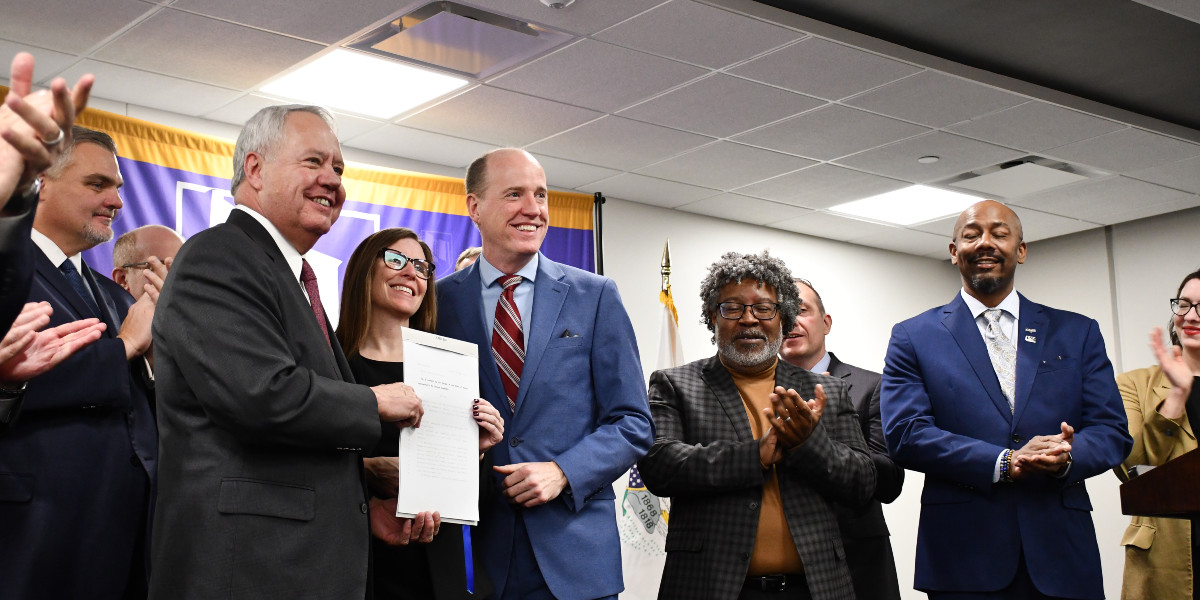
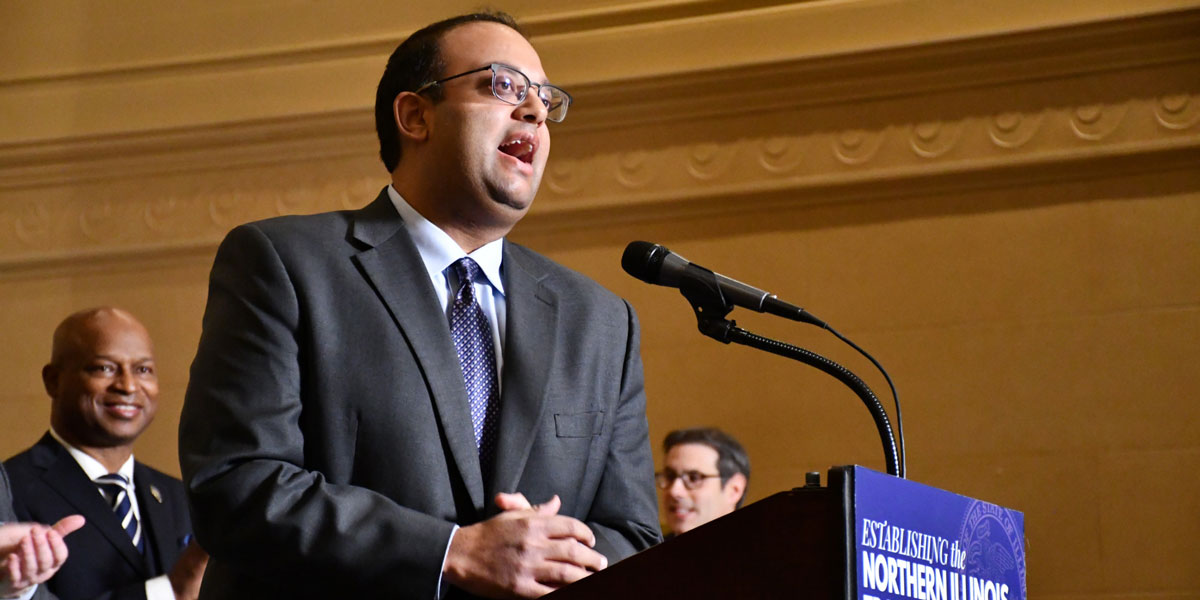
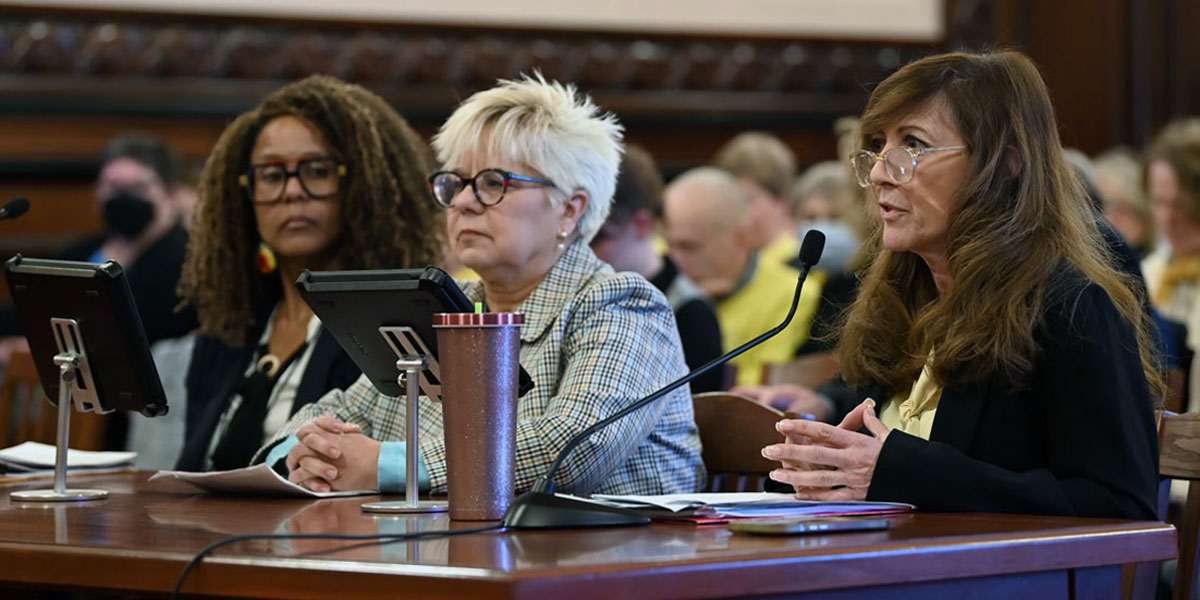
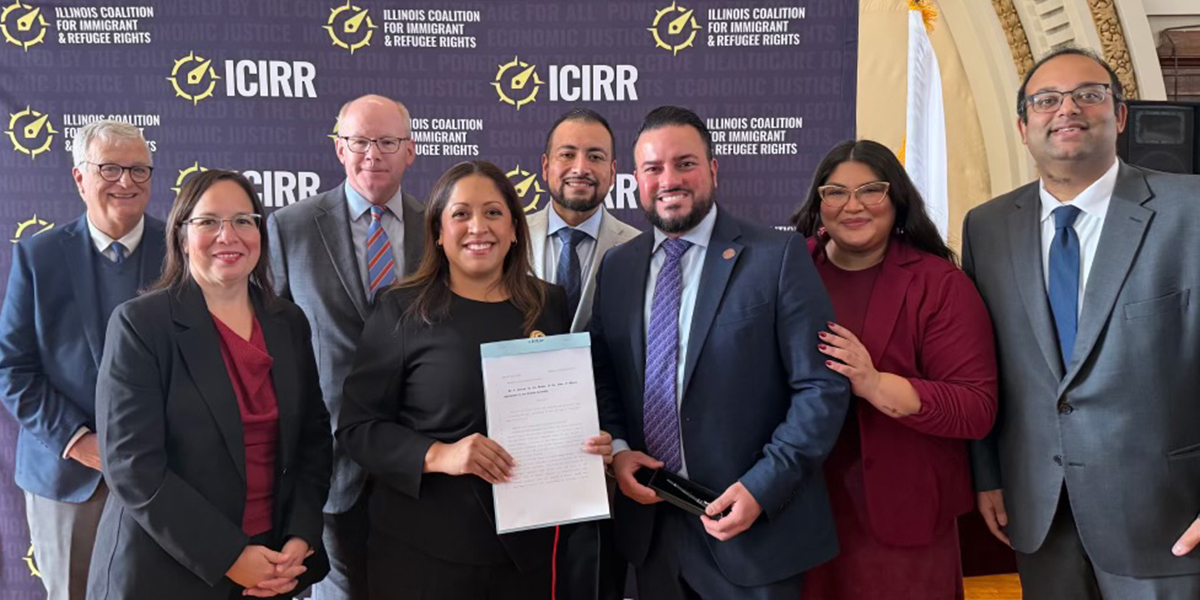
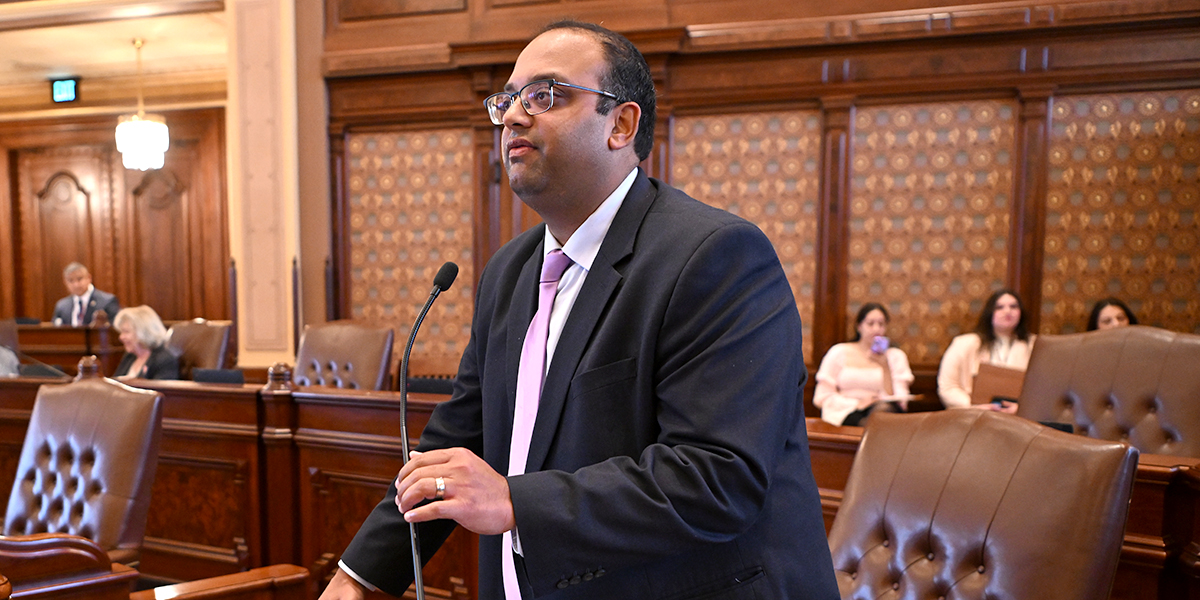


















 © 2026 Illinois Senate Democratic Caucus
© 2026 Illinois Senate Democratic Caucus